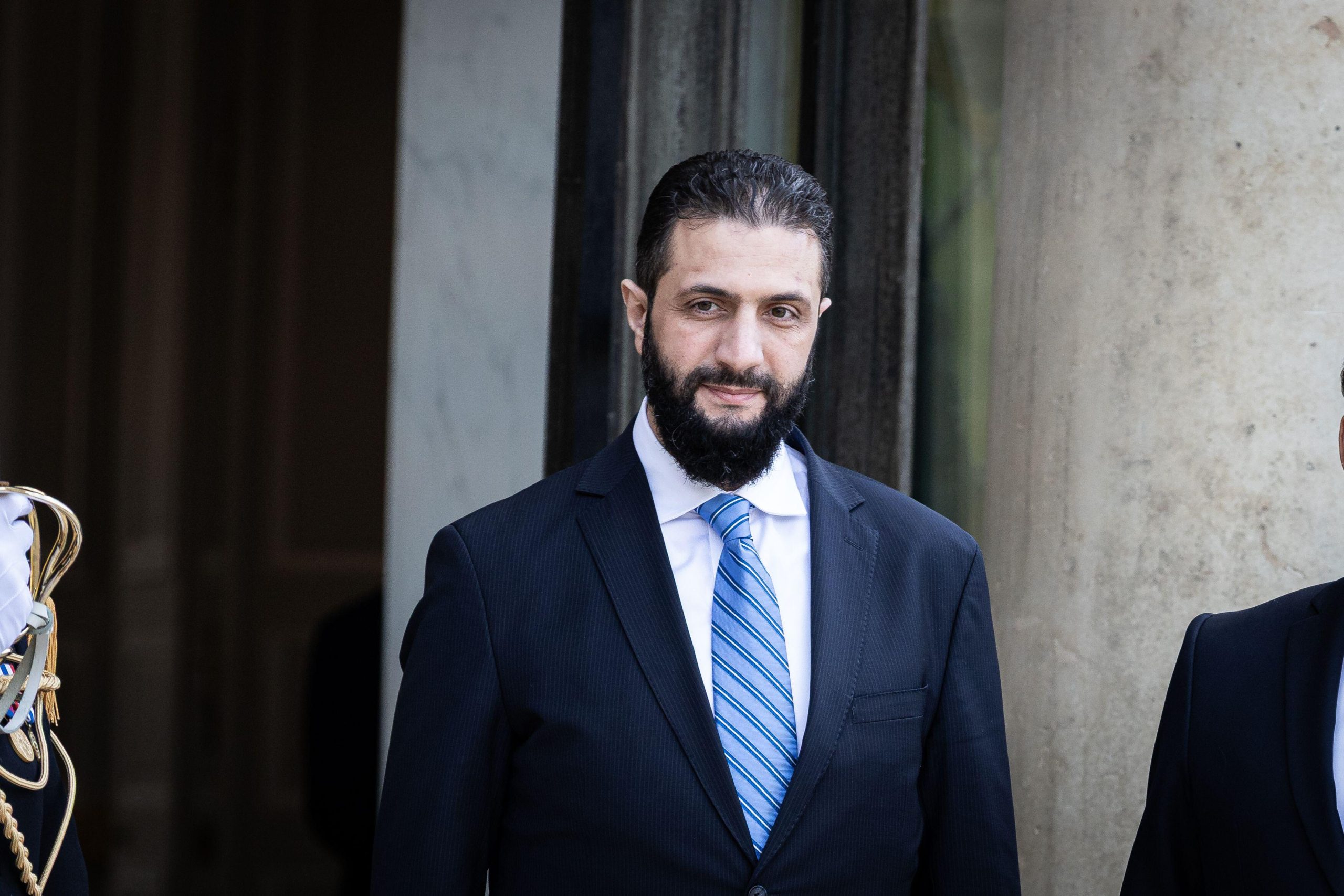The detention of an Egyptian human rights lawyer shortly after his arrival in Saudi Arabia last week to perform Umrah (or lesser pilgrimage) has evoked outrage and a wave of anti-Saudi protests in Egypt. The case has brought to light the deep resentment harboured by a sizeable portion of Egypt’s population against the oil-rich kingdom for alleged rights violations practiced by the monarchy against Egyptian migrant workers. It has also caused a rift between Egypt and the ultra-conservative Gulf country — one that has culminated in the withdrawal of the Saudi Ambassador to Egypt.
Scores of protesters gathered outside the Saudi Embassy in Dokki on Tuesday demanding the immediate release of activist and lawyer Ahmed El Gizawi who was tried in absentia and sentenced to one year in prison and 20 lashes for insulting the Saudi monarch. El Gizawi had earlier sued Saudi King Abdalla Bin Abdel Aziz for “the unlawful detention of Egyptian workers in Saudi prisons without charge.” He was arrested on arrival in the Saudi kingdom despite having obtained an entry visa to perform the religious rituals of Umrah.
In a show of support for El Gizawi, the protesters chanted “down with the Saudi family”. They vowed to take their revolution to Medina. Some waved their shoes in the air in a sign of disrespect for the Saudi authorities.
“It is unacceptable that Egyptian authorities are turning a blind eye and allowing Egyptians to continue to be stripped of their dignity after our revolution, ” retorted an angry middle-aged protester.
“If Gizawi is not released in the next few days, we will take matters in our own hands,” threatened another.
Protesters’ cries of “one hundred lashes for the Saudi Ambassador” could be heard several blocks away from the Embassy.
The issue is the subject of a lively debate on social media, which is once again being used by the activists to vent their frustration. This time the anger is directed at the Saudi royal family, not the Egyptian authorities. Facebook posts and tweets on the issue teeter between humorous sarcasm and offensive insults.
“You have recalled the Saudi Ambassador. We are hoping that the next step will be for the Saudis to stop the sweeping tide of Wahhabism exported to us from Saudi Arabia,” noted cyber-activist Yasmin Amin.
“When a Danish cartoon insulted Prophet Mohamed, Saudi officials did not react but when King Abdalla was insulted by an Egyptian lawyer, the Saudi Ambassador in Cairo was recalled to his country,” read another Facebook post.
Many of the activists are sceptical about Saudi accusations that El Gizawi was trying to smuggle narcotic tablets into the country — a serious charge punishable by death in Saudi Arabia. Egyptian Foreign Ministry officials have tried to appease the public, saying they are “in constant contact with Saudi counterparts to diffuse the crisis.”
Since the oil boom in the seventies, millions of Egyptian migrant workers have traveled to the oil- rich country seeking jobs and better lives for themselves and their families. But earning higher incomes has not come without a price. Graphic stories of their maltreatment by Saudi nationals and authorities have for years been reported by the Egyptian press fuelling anger and deepening the divide between the peoples of the two countries (staunch allies under ousted President Hosni Mubarak).
Before last year’s mass uprising in Tahrir Square, Egypt was a popular holiday destination for many Saudis because “Egypt is a freer, more open society and because of its affordable holiday rates,” according to a Gulf tourist who did not want to be named. Many wealthy Gulf holiday-makers frequent Egypt’s nightclubs, gambling casinos and brothels, lavishly spending petro-dollars on alcohol and prostitution because of restrictions on both in their own countries.
In a country where tourism is the number one foreign currency earner and a source of livelihood for millions of Egyptians, Egyptian authorities have for years encouraged tourism from the Gulf turning a blind eye to some of the negative aspects this type of tourism brings, such as the seasonal marriages that are commonplace in Egypt and which are considered a form of human trafficking: Deprived Egyptian families “sell” their daughters in marriage to wealthy Gulf visitors seeking brides who are often a lot younger than their ageing grooms. Many of these elderly husbands abandon their young Egyptian wives after a few brief months (sometimes weeks) returning home to their countries never to be heard of again. In many cases, the brides become pregnant and are left to fend for their children on their own after the disappearance of their “husbands”. Worse still, these child brides are exposed to an increased risk of HIV/AIDs because their husbands practice polygamy.
Liberal Egyptians are also concerned about the growing tide of Wahhabism, a rigid type of Islam exported to Egypt in recent decades from Saudi Arabia. Ultra-conservative Salafi principles like the face veil or nikab for women are a manifestation of this trend, rejected by Egyptian secularists. Many intellectuals and liberals complain that Egypt has been “Saudised” thanks to numerous Saudi-funded satellite channels infiltrating Egypt’s airspace during the Mubarak era. There are increasing suspicions that Saudi Arabia is pouring millions of petro-dollars into Egypt to fund Islamists who want Islamic Sharia law to be the source of all legislation in the country. “The Saudis are ready to do whatever they can to stop our revolution from reaching their shores,” explained Ibrahim el Toukhy, who owns a Red Sea tourist resort.
“We had our revolution to claim Egypt back from the grip of the Saudis, ” said political analyst Emad Gad from AlAhram Center for Political Studies. “Egypt has always been moderate and must remain so.”
In the meantime, the fate of one Egyptian rights activist hangs in the balance.
Journalist Shahira Amin resigned from her post as deputy head of state-run Nile TV in February 2011. Read why she resigned from the “propaganda machine” here.





